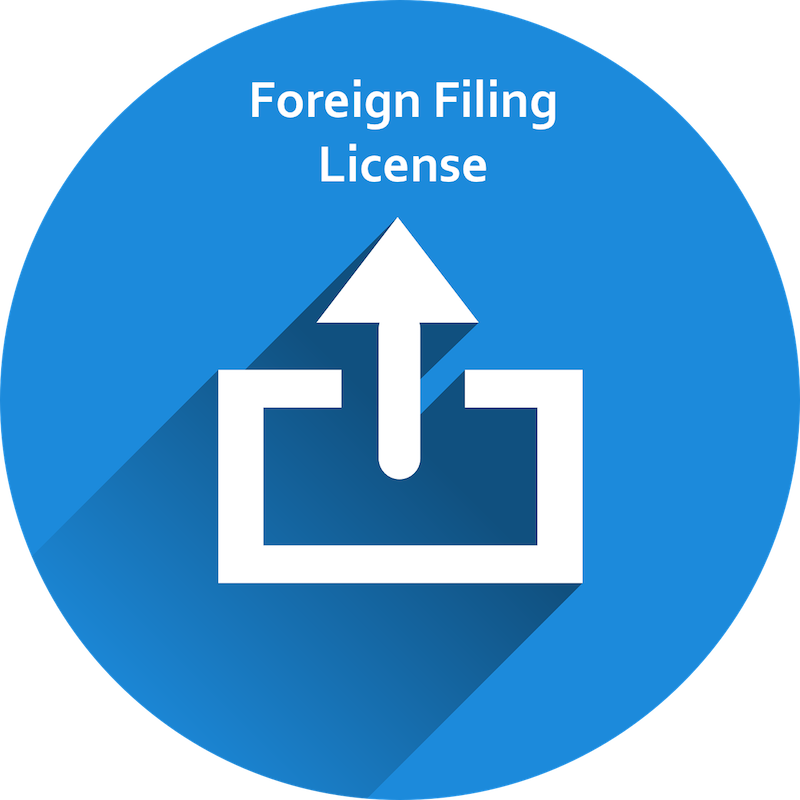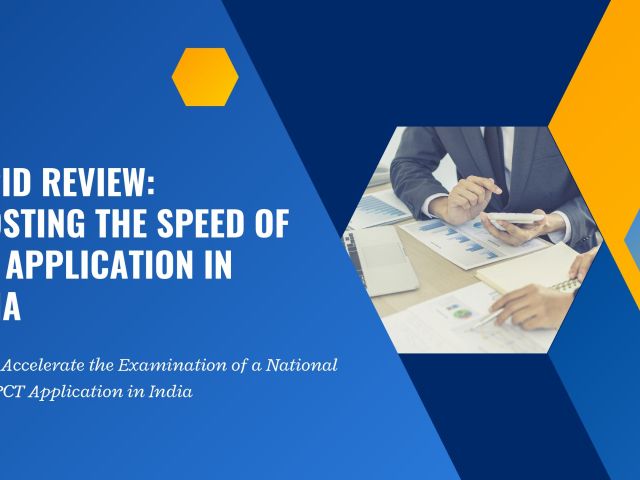The procedure and requirements for foreign filing differ from country to country. These requirements could range from seeking permission from local patent office to mandatory registration of invention in local register. In India, it is mandatory for residents of India to seek approval/permission from the Indian Patent Office prior to filing for registration in a foreign country; this permission is known as Foreign Filing License (FFL). This permission can be sought by making an application through Form 25, this request has to be disposed by the controller within 21 days of reception of request as provided in Rule 71 of Patent Rules.In order to receive such a Foreign Filing License, the information required is the name and nationality of the inventor, Power of Attorney (in presence of an agent), title of invention with brief disclosure of drawings, name of the foreign country where application is intended to be made and the reason for making such an application.
The following conditions require prior permission from the Indian Patents Office before foreign filing:
1. When the applicant or inventor is an Indian resident or at least one of the applicant or inventor is an Indian resident.
2. When the applicant does not want to file for patent grant in Indian Patent Office prior to foreign filing.
3. When the applicant does not want to wait till the expiry of 6 weeks of local filing for foreign filing.
4. When the invention relates to defence or atomic energy.
In a situation where the invention relates to defence or atomic energy, the Controller is required to seek consent from the Central Government before providing permission.
The term “Indian resident” has not been defined in the Patents Act, 1970. Hence, the term is interpreted in terms of the Income Tax Act, 1961. The conditions provided to classify as a resident of India are (during a fiscal year, i.e, April 1st to March 31st):
1. If a person has resided in India for more than 182 days of the fiscal year.
2. If a person has resided in India for an aggregate of 365 days or more in the past 4 years.
In addition, an individual is not considered to be a resident if in any previous years the whole control and management of his/her financials are situated in a foreign location.
The Patents Act, 1970, through Section 39 mandates all such persons residing in India and desire to patent their invention in foreign land to seek permission from Indian Patent Office. It is further provided that such a permission has to be sought at least 6 weeks before foreign filing. This requirement is not mandated to be fulfilled under the following circumstances:
1. When the applicant is not an Indian resident and the invention was originated abroad.
2. When foreign application has been filed after minimum of 6 weeks of filing for patent grant in local patent application.
The liability imposed for contravening of this law can either be in form of civil liability or criminal liability. These are provided in Section 40 and Section 118 of the Patents Act, 1970. Section 40 states that in failure to seek permission prior to foreign application, the patent application will be deemed to have been abandoned and if the patent was granted, then it will result in revocation. Section 118 provides for criminal liability for non-compliance of Section 39. In failure to seeking permission before foreign filing, the applicant would become liable to be imprisoned up to the term of 2 years or fine or a combination of both.
Conclusion:
The consequence following the non-compliance of Section 39 is severe. The invention sought to be protected could not only be withheld from that opportunity, but it could also attract penalties for the inventor/applicant in form of imprisonment. The invention could lose all ability to be patented as a result. Therefore this important procedure before foreign filing must be observed with caution and diligence.




